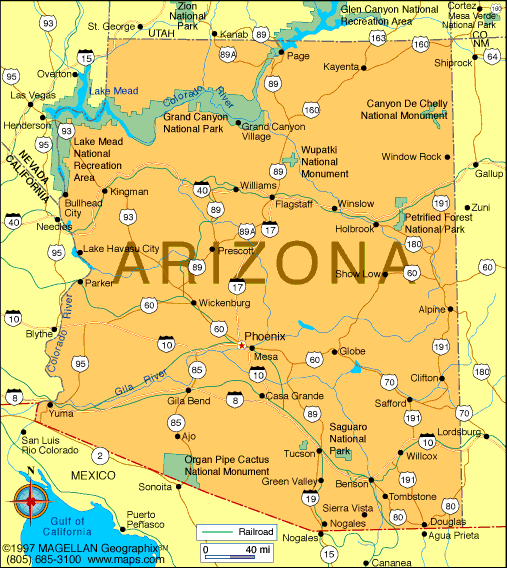----
"Census information affects the numbers of seats your state occupies in the U.S. House of Representatives. And people from many walks of life use census data to advocate for causes, rescue disaster victims, prevent diseases, research markets, locate pools of skilled workers and more. When you do the math, it's easy to see what an accurate count of residents can do for your community. Better infrastructure. More services. A brighter tomorrow for everyone. In fact, the information the census collects helps to determine how more than $400 billion dollars of federal funding each year is spent on infrastructure and services like:
- Hospitals
- Job training centers
- Schools
- Senior centers
- Bridges, tunnels and other-public works projects
- Emergency services
-----
So let me see if I have this straight. The government wants to know exactly who is in the country (and participation is "mandatory") and then they want to use that information to help decide how federal funding should be spent in ways that best cater to the nation's denizens. But people who fill it out might be those very people who are discriminated against when passing through states like Arizona. What motivation would they have, then, to oblige the same government that allows such segregation and discrimination to occur? Our nation's system of checks and balances needs to be seriously checked...and balanced.
A couple of months ago, I saw an advertisement on the side of a bus encouraging people to complete the Census. The ad said, "If we don't know how many people we have, how do we know how many buses we need?" When I saw that, I actually thought of my personal job hunt. Since I am applying for a teaching position in a local public school system, it occurred to me that everyone -- whether legally here or not -- is eligible for schooling. School officials (teachers, administrators, etc.) are not allowed to ask about status, which means that those students are entitled to the same rights as everyone else. It goes back to that whole equality thing...to Thomas Jefferson's whole, "We hold these truths to be self-evident, that all men are created equal" spiel in that little-acknowledged 1776 document called the Declaration of Independence. It's as if the government uses immigrants productively when it's convenient and discriminates against them when it's not. Where's the equality in that?
I'm not really sure how much "sensus" the Census makes. Should the Census ask about immigration status? If so many people are undocumented, then wouldn't asking the question on this survey give the government an idea of how many immigrants are actually here? Immigrants, after all, create such a formative part of the United States economy, that perhaps it is time to give credit where credit is due rather than ignore it altogether, and the government should act in every individual's best interests. I realize that's a lot of interests to target, but people need to get off their high horses and acknowledge that a country made up of immigrants is approaching unchartered territory in the 21st century. If immigrants declare their status as non-citizens, then the U.S. should consider, rather than condemn, their pursuit of citizenship.


1 comment:
Good one. Two thoughts:
1) The "All men are created equal" quote comes from the Declaration of Independence. But that was a document declaring our freedom from England. It is not a U.S. law, like the Constitution.
2) Apparently all countries are not created equal.
Post a Comment